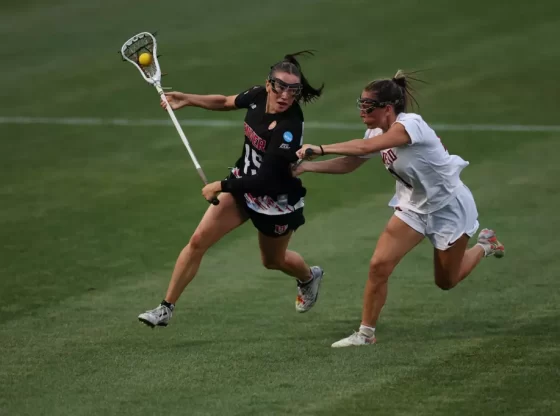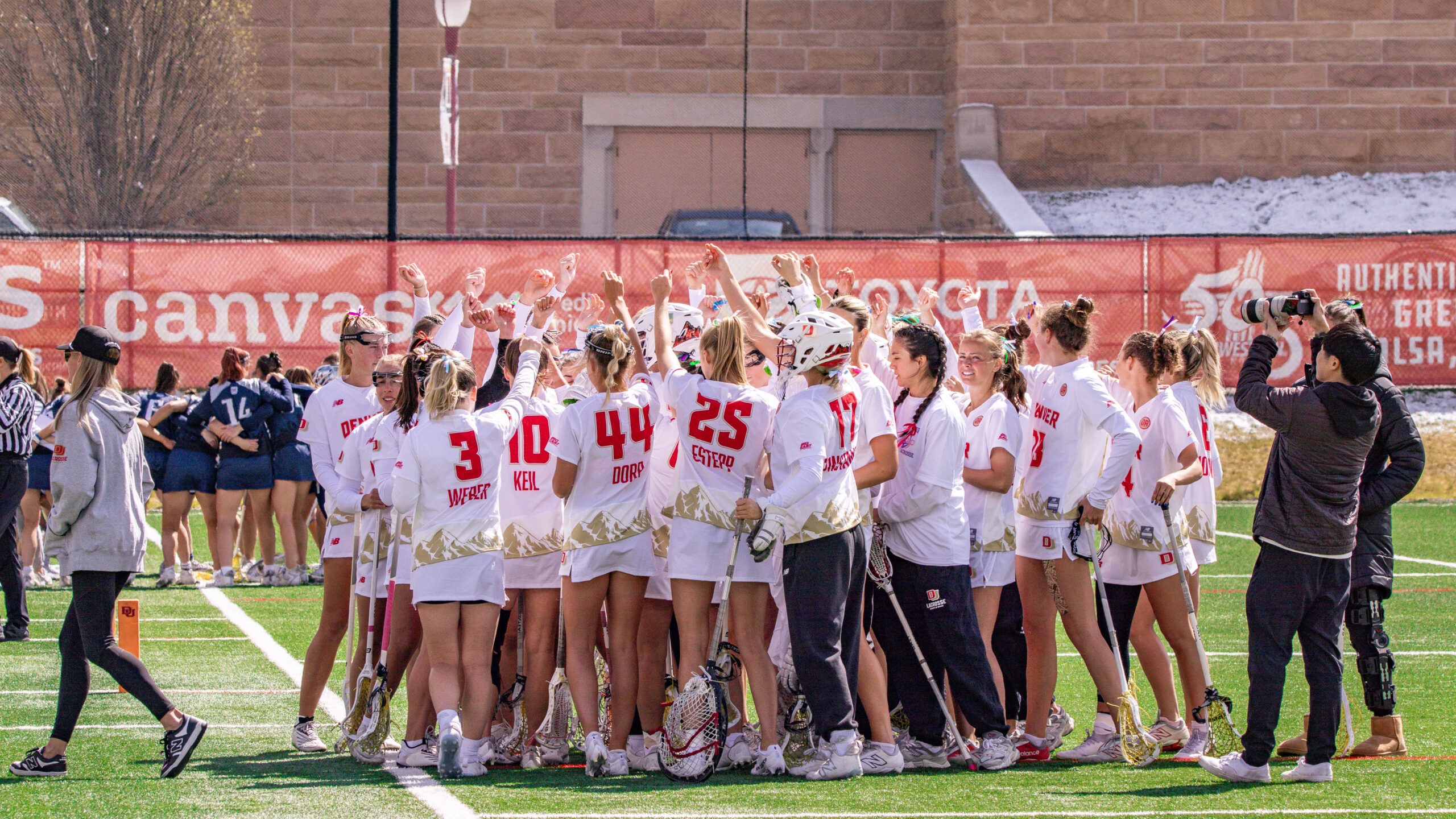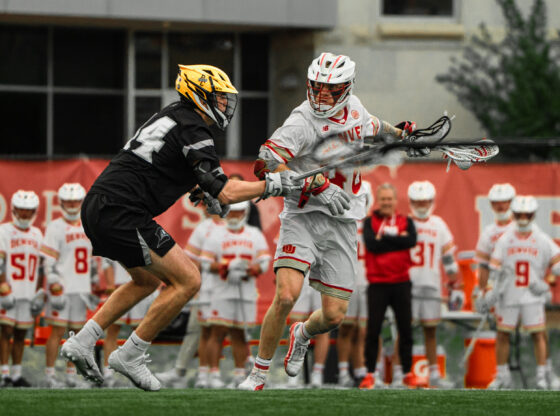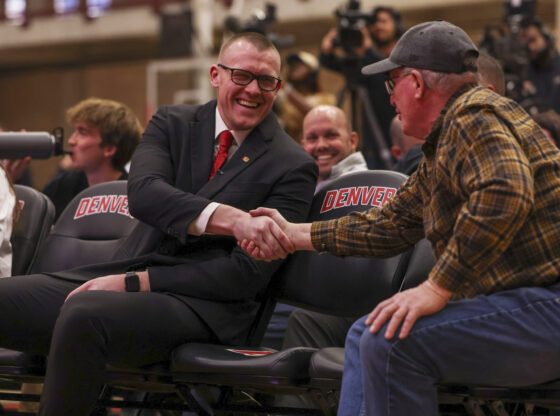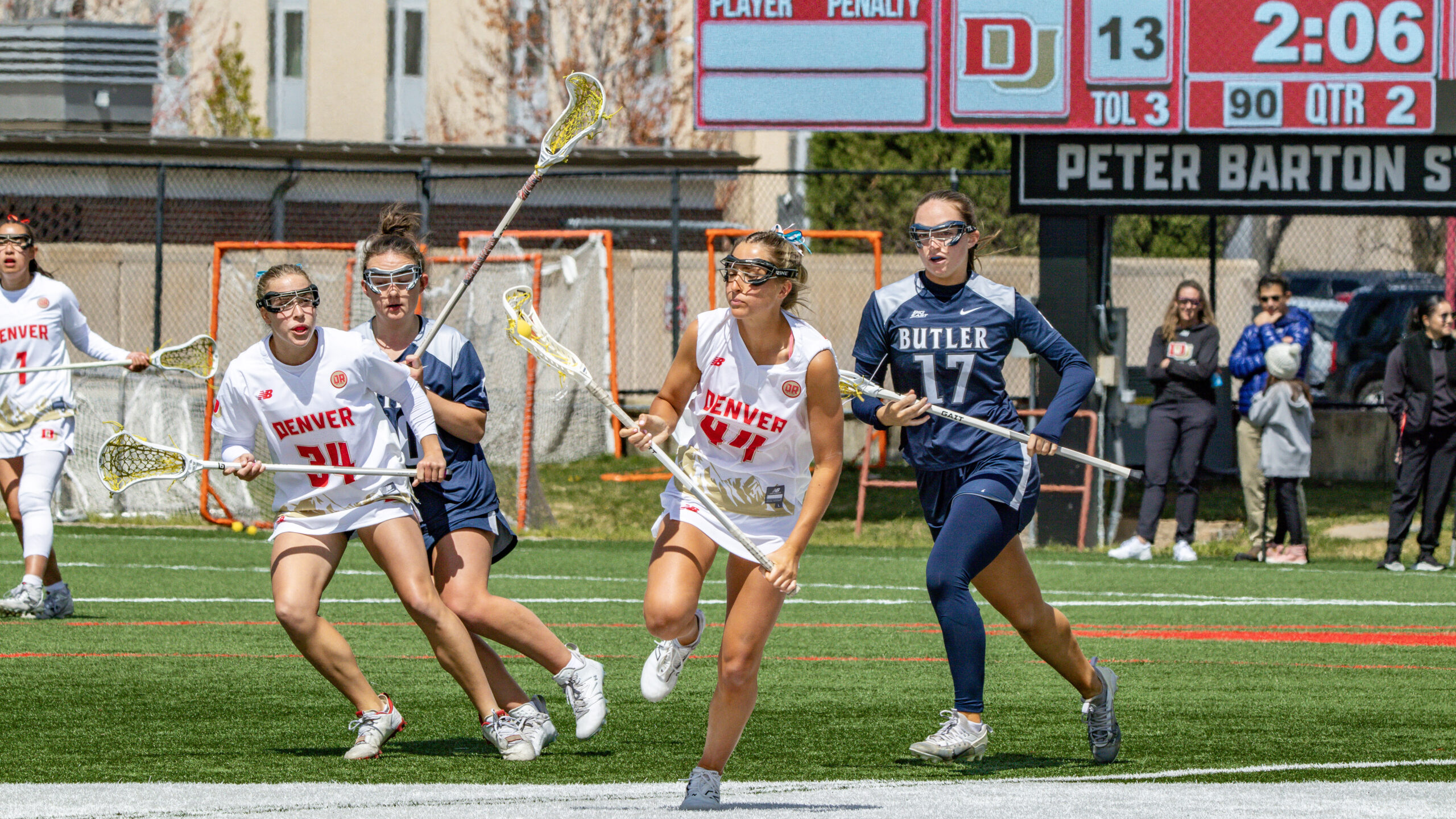As the sports seasons gear up with the NFL in full swing and the MLB championship series in action, a void has been left in the hearts of many sports fans around the world, myself included, as the NHL remains inactive.
The season was set to start Oct. 11, but to the dismay of many, the worst thing in sports that could have happened did: the lock-out.
Hockey fans have it the worst by far, losing 1,698 games to lockouts since 1992. In the same amount of time, the MLB has missed 938 games, the NBA 504 and the NFL zero. While the recent referee lockout affected several games, it is no contest.
So what is it? Why is the league so stingy with their players?
At this point, if the league wants to preserve an 82-game season, something’s got to give. The NHL made an extremely revised proposal to the NHLPA on Wednesday to resolve the lockout.
The league offered this proposal based on what they believe is fair sharing of revenues between the players and the clubs. It does not require any rollback in the salaries of players and attempts to recognize and protect prior contractual commitments, providing for increased revenue sharing that targets the teams most in need.
This proposal, while slightly better than anything we’ve seen so far, still puts the players at a disadvantage in terms of payment and isn’t looking likely to be one they accept. It also eliminates almost all free-agent opportunities.
From a player standpoint, why would they want to agree now? In the last lockout, they gave the owners what they wanted, taking both a 24 percent salary rollback and a salary cap. Now, the owners are asking for even more and not offering anything in return.
Most, if put in the players’ positions, would likely be upset at the prospect of doing the same amount of work but having the revenue distributed. The proposal stating one would make $45,000 instead of the full $50,000 – but if the club does particularly well, could possibly still make the full amount – doesn’t have many people excited.
However, we’ve missed almost 2,000 games in the past 10 years. What is going wrong? Every other professional sport has been able to handle these situations and manage them in an efficient way.
Ultimately, the next few weeks leading up to the potential start date on Nov. 2 come down to whether the players are willing to give up $1.8 billion in salaries to a lost season and if the owners are willing to lose $1.5 billion, but more importantly, risk losing an entire fanbase to the third lockout in 18 years.
Let’s face it, there is only one way to solve this problem, not only this year, but long-term. These owners need to suck it up and stop being so stingy. Nobody benefits from the lock-out, so let’s get over the whining and just settle it already. After all, it’s been long enough.




